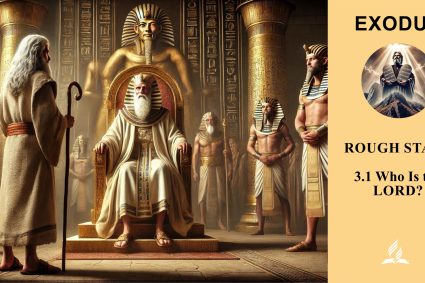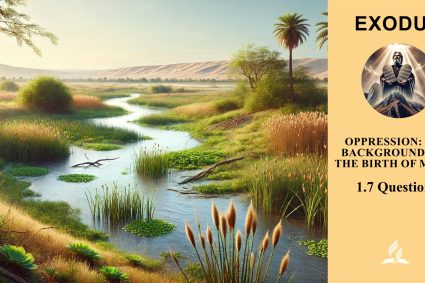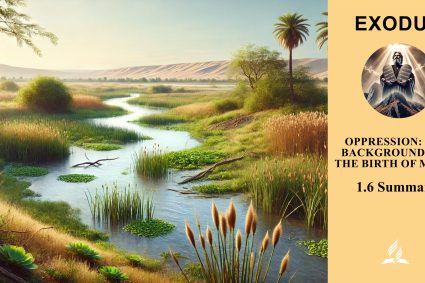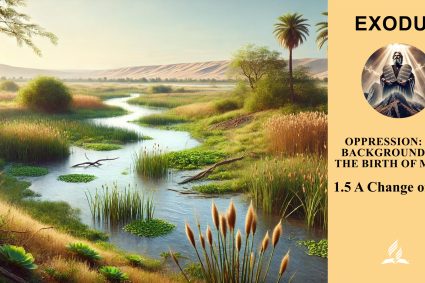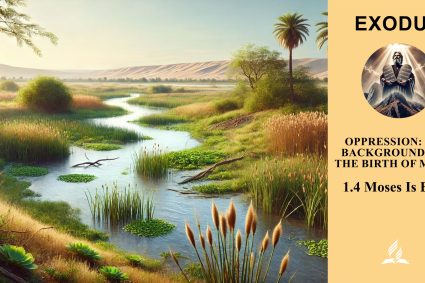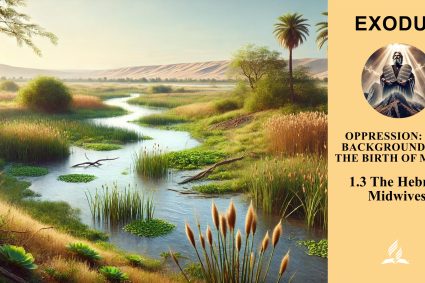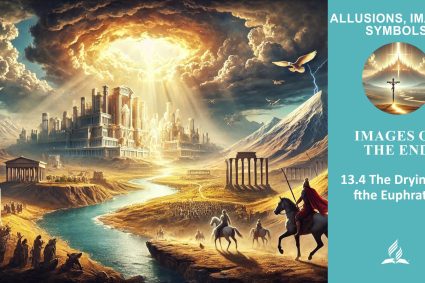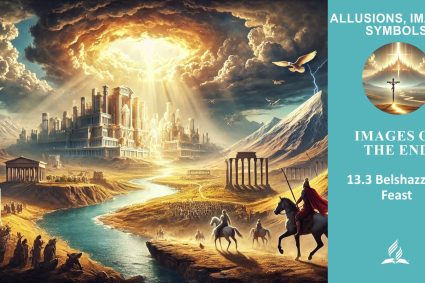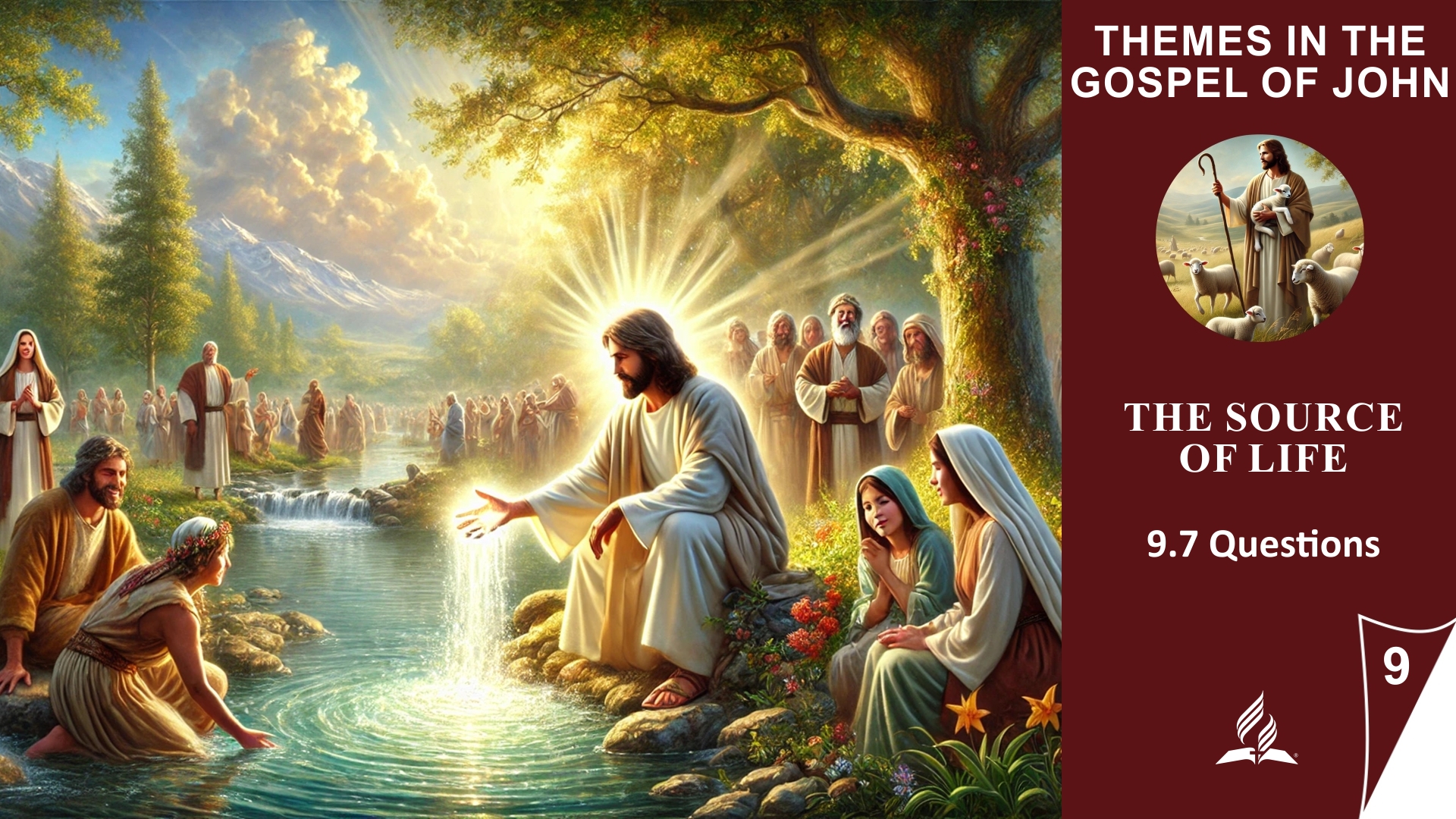



1.Jesus Gave So Much to Save the World. In Your Opinion, What Is the Best Way to Help Others Recognize This Amazing Truth and Come to Faith in Him?
The best way to bring others closer to the truth about Jesus and lead them to faith is through a combination of personal testimony, our actions, and prayer. Here are some approaches:
-
Living an Authentic Life of Faith
-
What It Means: People recognize the power of the Gospel most clearly when they see how it changes our lives. A life marked by love, peace, and hope often speaks louder than words.
-
Application: Show through your behavior how faith enriches your life. Let others see how Jesus guides you, strengthens you, and carries you through challenges.
-
Practically Sharing the Love of Christ
-
What It Means: Jesus gave His life out of love for the world. We can make this love visible through kindness, mercy, and concrete help for others.
-
Application: Be sensitive to the needs of those around you—whether through listening, practical support, or encouraging words. These actions open hearts and make people receptive to God’s truth.
-
Sharing God’s Truth in Words
-
What It Means: Many people have never heard the good news of Jesus or do not understand what His sacrifice means for them. Gently and honestly sharing the message can be crucial.
-
Application: Share your personal faith experience and how Jesus has changed your life. Invite others to read the Bible and offer to accompany them.
-
Prayer as a Foundation
-
What It Means: Our efforts to lead others to Jesus must be accompanied by prayer. Only the Holy Spirit can change hearts and draw people to God.
-
Application: Regularly pray for the people around you, asking God to reveal His love to them. Seek wisdom on how best to support them.
-
Showing Patience and Understanding
-
What It Means: Not everyone will respond to the message immediately. Some people need time to overcome their doubts or recognize God’s truth.
-
Application: Be patient, respect their process, and be willing to continue supporting them, no matter how long it takes.
-
Inviting into Community
-
What It Means: Faith often grows best in a supportive community. By inviting people into our faith community, they can experience God’s love in practical ways.
-
Application: Invite friends to church services, Bible studies, or other events where they can learn more about Jesus.
Conclusion: Love and Truth as Keys The best way to help others recognize the saving truth of Jesus is to make His love visible—through our lives, actions, and words. We must be patient and persistent, trusting in the Holy Spirit’s guidance. Ultimately, we can plant seeds, but God allows them to grow.
2.What Are the Main Differences Between Decisions Made on a Human, Worldly Level and Decisions Based on Divine Revelation?
The way decisions are made fundamentally differs depending on whether they are based on human, worldly considerations or divine revelation. Here are the main differences:
-
Basis of the Decision
-
Human, Worldly Level: Decisions often rely on logic, personal experiences, feelings, societal norms, or what seems immediately beneficial. They are frequently influenced by limitations such as fear, uncertainty, or selfishness.
-
Example: “What brings me the greatest benefit or the quickest solution?”
-
-
Divine Revelation: Decisions are based on biblical principles, God’s wisdom, and trusting His guidance. They reflect God’s eternal perspective and His promises.
-
Example: “What glorifies God and aligns with His will, even if it seems difficult?”
-
-
Perspective and Goal
-
Human, Worldly Level: The focus is often on short-term gains, convenience, or what makes sense in the current situation. The perspective is limited and often self-centered.
-
Goal: Personal success, recognition, or material benefits.
-
-
Divine Revelation: The focus is on God’s plan and an eternal perspective. Decisions are guided by whether they align with God’s character, His kingdom, and His truth.
-
Goal: Obedience to God, promoting good, and growing in faith.
-
-
Motivation
-
Human, Worldly Level: Decisions are often driven by fear, pride, desire, or personal ambition. The need to exert control can be a driving force.
-
Example: “I need to make this decision to secure my own well-being.”
-
-
Divine Revelation: Decisions are motivated by faith, love, humility, and the desire to do God’s will. They arise from trusting in His provision and wisdom.
-
Example: “I trust that God is guiding me, even if the path is uncertain.”
-
-
Handling Uncertainties
-
Human, Worldly Level: Uncertainties are often dealt with through self-confidence or seeking immediate solutions. When circumstances are uncertain, people tend to postpone decisions or act impulsively.
-
Risk: Poor decisions due to fear or impatience.
-
-
Divine Revelation: Uncertainties are handled through prayer, trusting in God’s promises, and waiting for His guidance. Patience and faith are central elements.
-
Benefit: Peace of mind and the assurance that God knows the best path.
-
-
Consequences of the Decision
-
Human, Worldly Level: Decisions may seem beneficial in the short term but often have long-term negative consequences because they do not align with God’s principles.
-
Example: A quick profit might later lead to losses.
-
-
Divine Revelation: Decisions based on divine revelation often bear eternal fruit, even if they appear challenging in the short term. They bring peace, joy, and blessings.
-
Example: Obeying God leads to profound inner growth and eternal rewards.
-
-
Orientation Toward Truth
-
Human, Worldly Level: Truth is often viewed relatively and aligned with personal beliefs or societal trends.
-
Example: “What feels right to me is right.”
-
-
Divine Revelation: Decisions are based on the absolute truth of God as revealed in the Bible. This truth is unchanging and eternally valid.
-
Example: “God’s Word is truth, and I act according to it, even if it goes against the tide.”
-
Summary: The Key Difference Decisions made on a human, worldly level are often self-centered, short-term, and marked by uncertainties, while decisions based on divine revelation are guided by faith, love, an eternal perspective, and God’s truth. The best way to make decisions is to seek God’s wisdom, trust Him, and prioritize His will over our own desires.
3.How Do Topics Like Logic and Reason Align with the Understanding of God’s Word? What Logical and Rational Reasons Do We Have to Come to Faith? How Do Fulfilled Prophecies or the Amazing Beauty and Complexity of the Created World Logically and Rationally Point Us to the Existence of God and the Truth of the Redemption Plan?
Logic and reason are valuable tools that can help us better understand God’s Word and strengthen our faith. They do not contradict faith but complement it by encouraging us to consider the evidence for God’s existence, the truth of Scripture, and the reality of the redemption plan.
-
Logic and Reason in the Biblical Context
-
The Bible Encourages Thinking: God calls us to use our minds: “Come now, let us reason together” (Isaiah 1:18). Jesus also commands us to love God with all our heart, soul, and mind (Matthew 22:37).
-
Logic and Faith Work Together: Faith is not blind trust but rests on the foundation of evidence. These evidences are often logically understandable, whether through prophecy, creation, or historical events.
-
Logical and Rational Reasons for Faith
-
a) Fulfillment of Prophecy
-
Evidence from Scripture: The Bible contains hundreds of prophecies that have been precisely fulfilled, especially concerning the life, death, and resurrection of Jesus (e.g., Isaiah 53; Daniel 9:24–27).
-
Logical Conclusion: The accuracy of biblical prophecies indicates that the Bible is inspired by a supernatural source. No human could make such precise predictions.
-
Application: The fulfillment of prophecy is a strong indication of God’s existence and the reliability of His Word.
-
b) The Beauty and Complexity of Creation
-
Order in Nature: The incredible complexity and fine-tuning of the universe—from the laws of physics to DNA structure—point to an intelligent designer.
-
Argument: Logically, it is less likely that this order arose by chance than that a Creator is behind it. Nature speaks of God’s glory (Psalm 19:2).
-
Application: Creation confirms that God is real and that there is an orderly, loving plan behind the universe.
-
c) Human Morality
-
Existence of a Moral Compass: Humans possess a universal sense of right and wrong that cannot be fully explained by evolution alone.
-
Logical Conclusion: This inherent morality suggests the existence of a moral lawgiver—God. Without Him, there would be no absolute standard for morality.
-
d) The Resurrection of Jesus
-
Historical Evidence: The resurrection of Jesus is one of the best-documented events of antiquity, based on eyewitness accounts, the transformation of the disciples, and the rapid spread of Christianity.
-
Logical Conclusion: No other explanation—such as the theft of the body or hallucinations—holds up under thorough analysis. The resurrection is the most logical conclusion.
-
The Redemption Plan from a Logical Perspective
-
The Bible’s Red Thread: The redemption plan—from creation, through the fall of man, to restoration through Christ—is a coherent, logical narrative that answers humanity’s big questions (Who are we? Why are we here? Where are we going?).
-
Logical Coherence: The Bible explains the reality of sin, the human need for salvation, and Jesus’ role as mediator. No other worldview provides such a logical and comprehensive answer to these questions.
-
Logic as a Bridge to Faith
-
Logic Leads to Faith: While logic and reason alone cannot fully explain faith, they are essential tools in guiding people towards faith. They help overcome doubts and recognize the truth of the Gospel.
-
Faith Beyond Logic: However, faith is more than logic—it involves trust and a personal relationship with God. Understanding God through logic ultimately leads to a heartfelt decision.
-
Conclusion: Logic and Reason Affirm Faith
Logic and reason are not adversaries of faith but its allies. The fulfillment of prophecies, the beauty and complexity of creation, universal morality, and the historical reality of Jesus’ resurrection provide strong rational reasons for faith. These insights invite us to accept the truth of God’s Word and experience the reality of His love and redemption plan.
4.Discuss Your Response to the Question at the End of Tuesday’s Section. On What Is Your Faith Based? If Someone Asked You Why You Believe in Jesus and the Statements of the Gospel, What Would You Answer?
My faith is based on a combination of personal experience, biblical truths, historical and prophetic evidence, and the inner assurance worked by the Holy Spirit. Here is how I would respond:
-
Personal Relationship and Experience
-
Answer: I believe in Jesus because I have experienced His presence in my life. In moments of need, joy, and decision-making, I have felt His guidance, comfort, and peace that go beyond human understanding.
-
Example: There have been situations where I saw no solution, but through prayer and trusting God, I found paths I could never have recognized on my own.
-
The Truth and Power of the Bible
-
Answer: My faith is grounded in the Bible as God’s Word. Its message is coherent, life-changing, and profound. It answers fundamental questions of life—where we come from, why we are here, and where we are going.
-
Evidence: The fulfillment of biblical prophecies, such as the coming of Jesus (e.g., Daniel 9:24–27) or the rise and spread of Israel, shows that the Bible is divinely inspired.
-
Historical and Prophetic Evidence
-
Answer: I believe in Jesus because the historical reality of His life, death, and resurrection is well-documented. The transformation of the disciples, who were willing to die for their faith, and the rapid spread of Christianity are strong indicators for me.
-
Evidence: No other explanation besides the resurrection of Jesus plausibly accounts for this transformation.
-
The Beauty and Order of Creation
-
Answer: The complexity and beauty of the world point to a Creator. The universe’s fine-tuning, natural laws, and the uniqueness of life are, to me, evidence of God’s existence.
-
Evidence: Believing that this order and complexity arose by chance seems less rational than the assumption of an intelligent designer.
-
Transformation Through Faith
-
Answer: Faith in Jesus changes lives. I have seen people find hope, peace, and purpose through the message of the Gospel—regardless of their past or circumstances.
-
Example: Individuals struggling with addiction, pain, or lack of direction have found new hope and freedom through Jesus.
-
The Promise of Eternal Life
-
Answer: I believe the Gospel’s statements because they offer hope that extends beyond this life. Faith in Jesus gives my life meaning and purpose that do not depend on temporary things.
-
Evidence: The promise of eternal life in Christ is a source of comfort and motivation, even in difficult times.
Summary of the Answer: I believe in Jesus and the statements of the Gospel because they are logically, historically, and experientially true. Faith provides a solid foundation for my life, answers the big questions, and fills my heart with peace and hope.
(Visited 9 times, 1 visits today)

